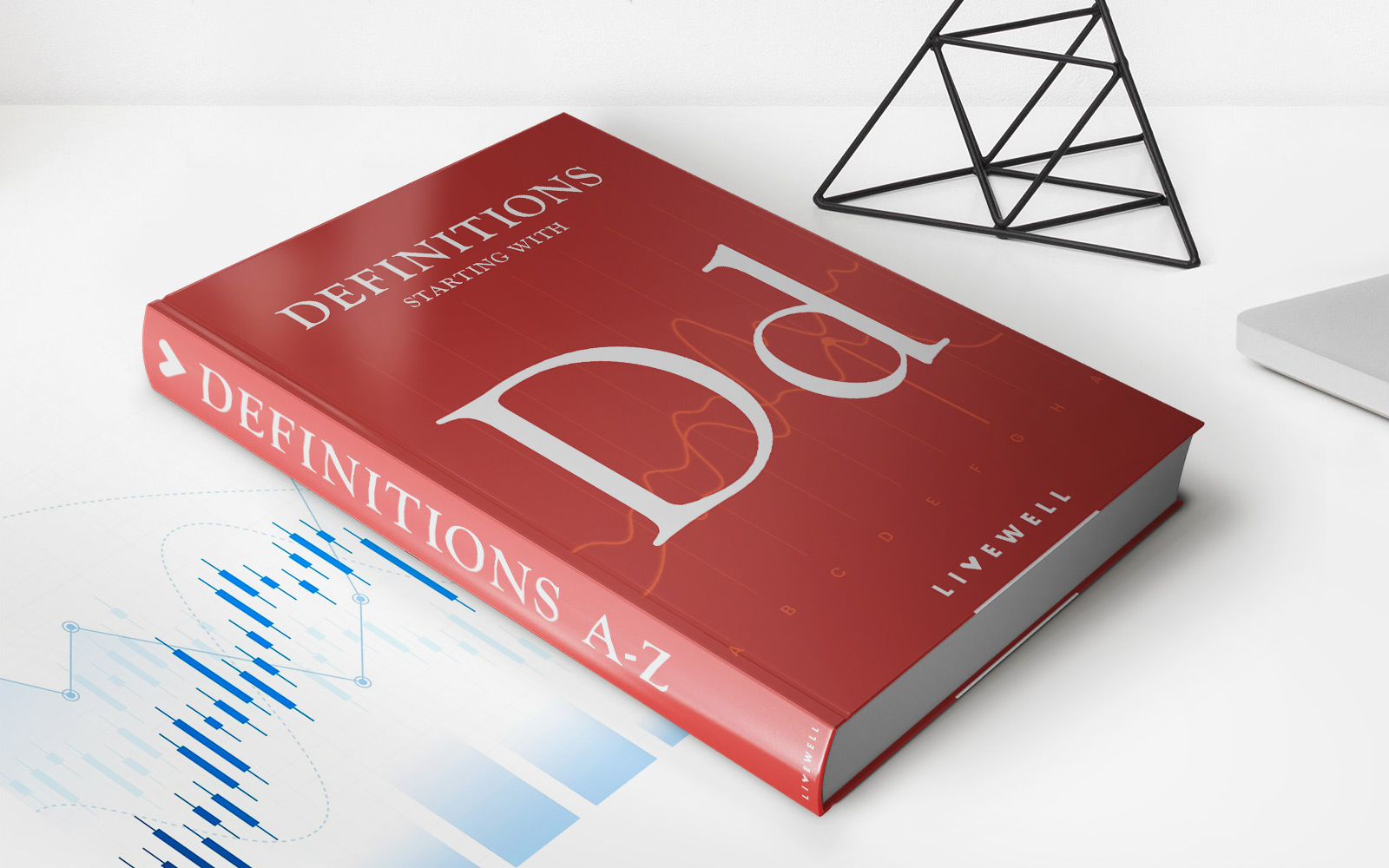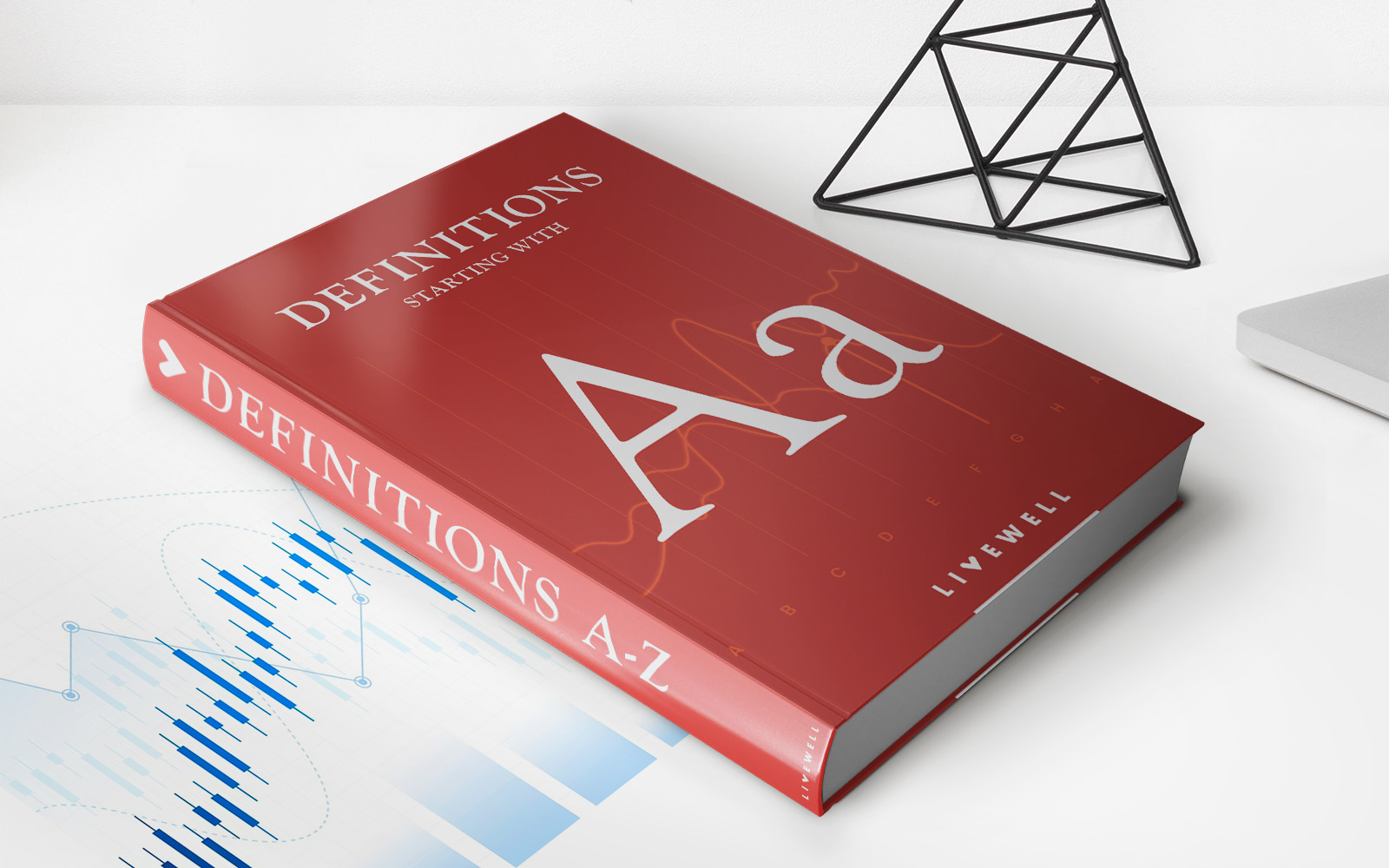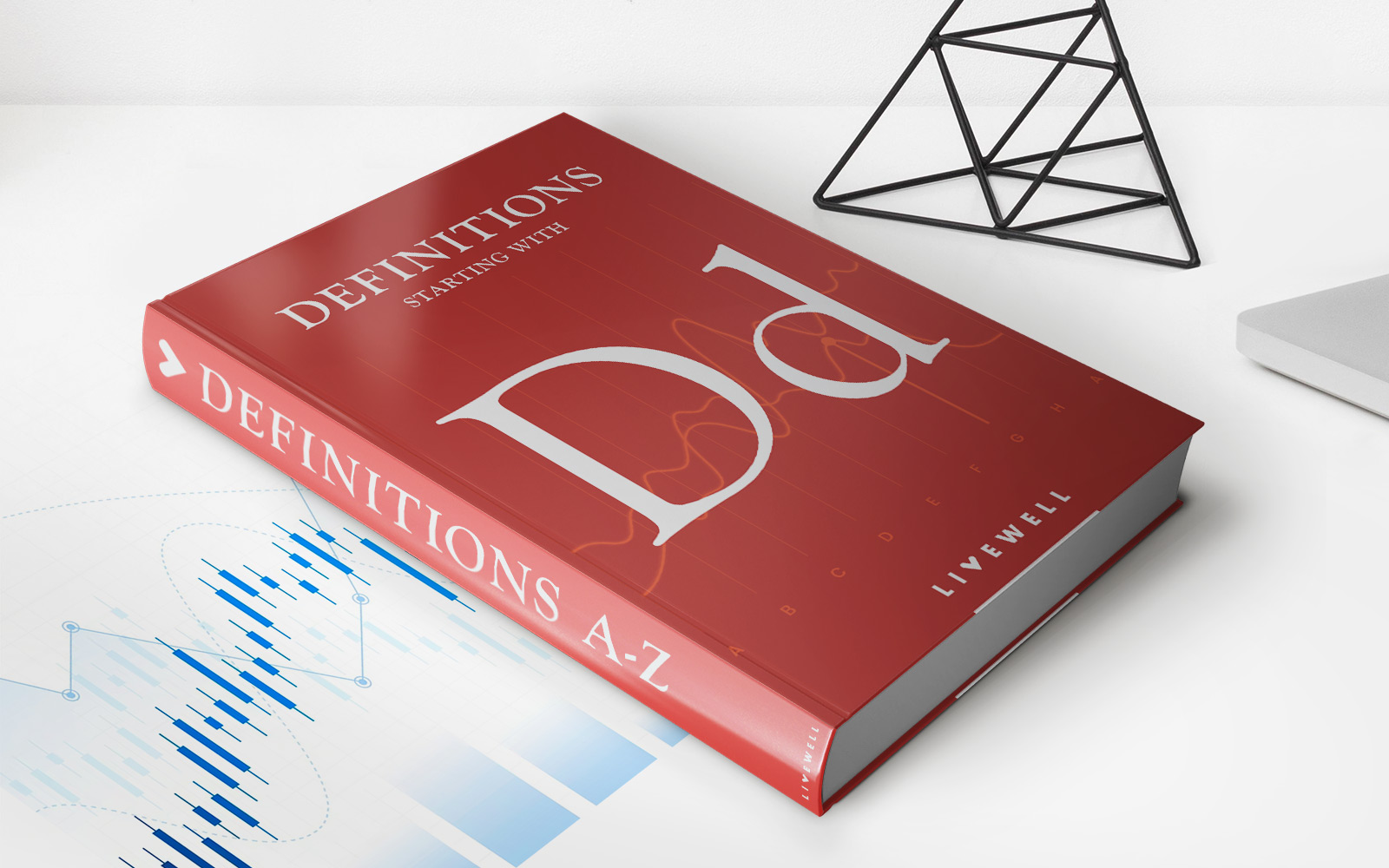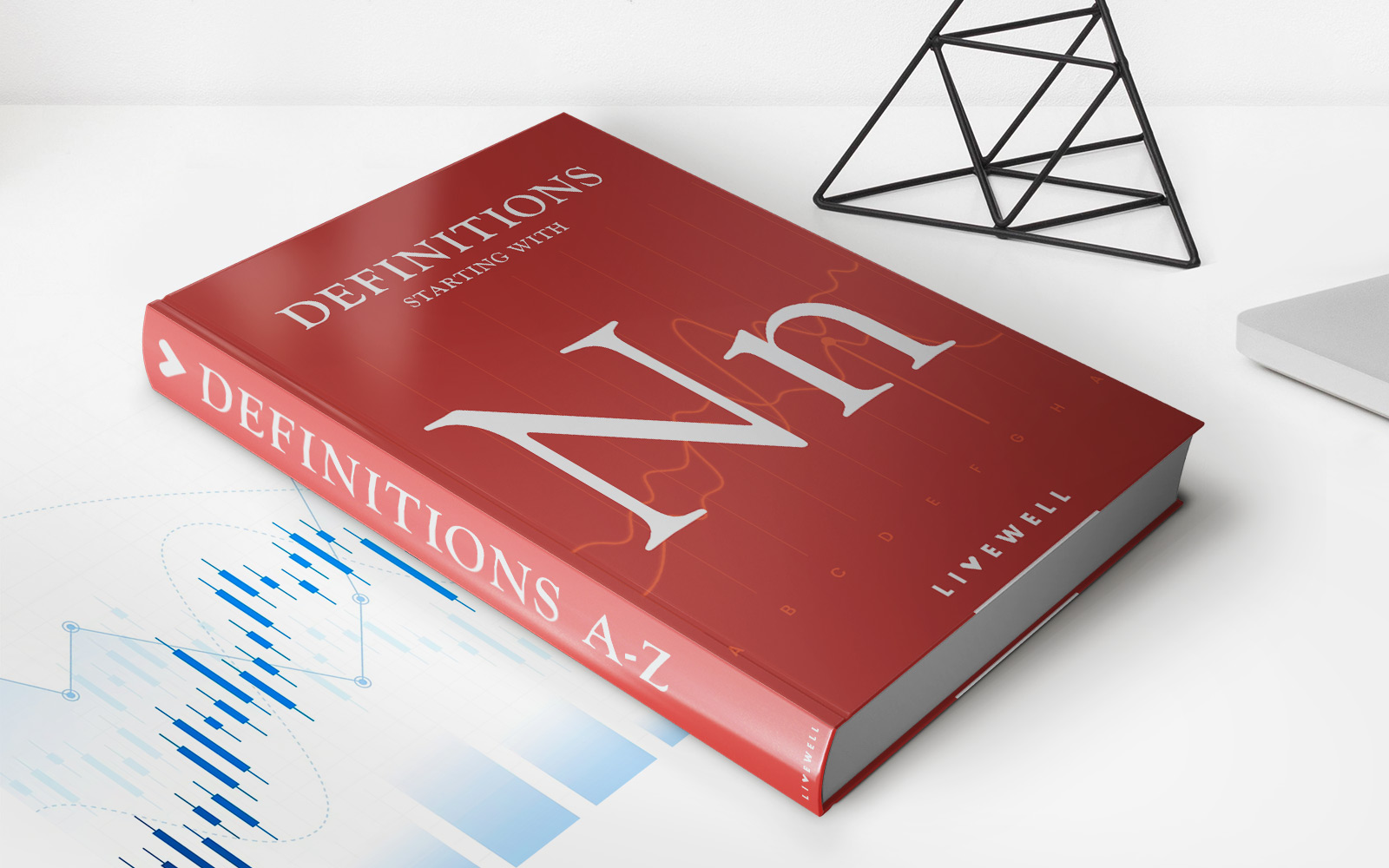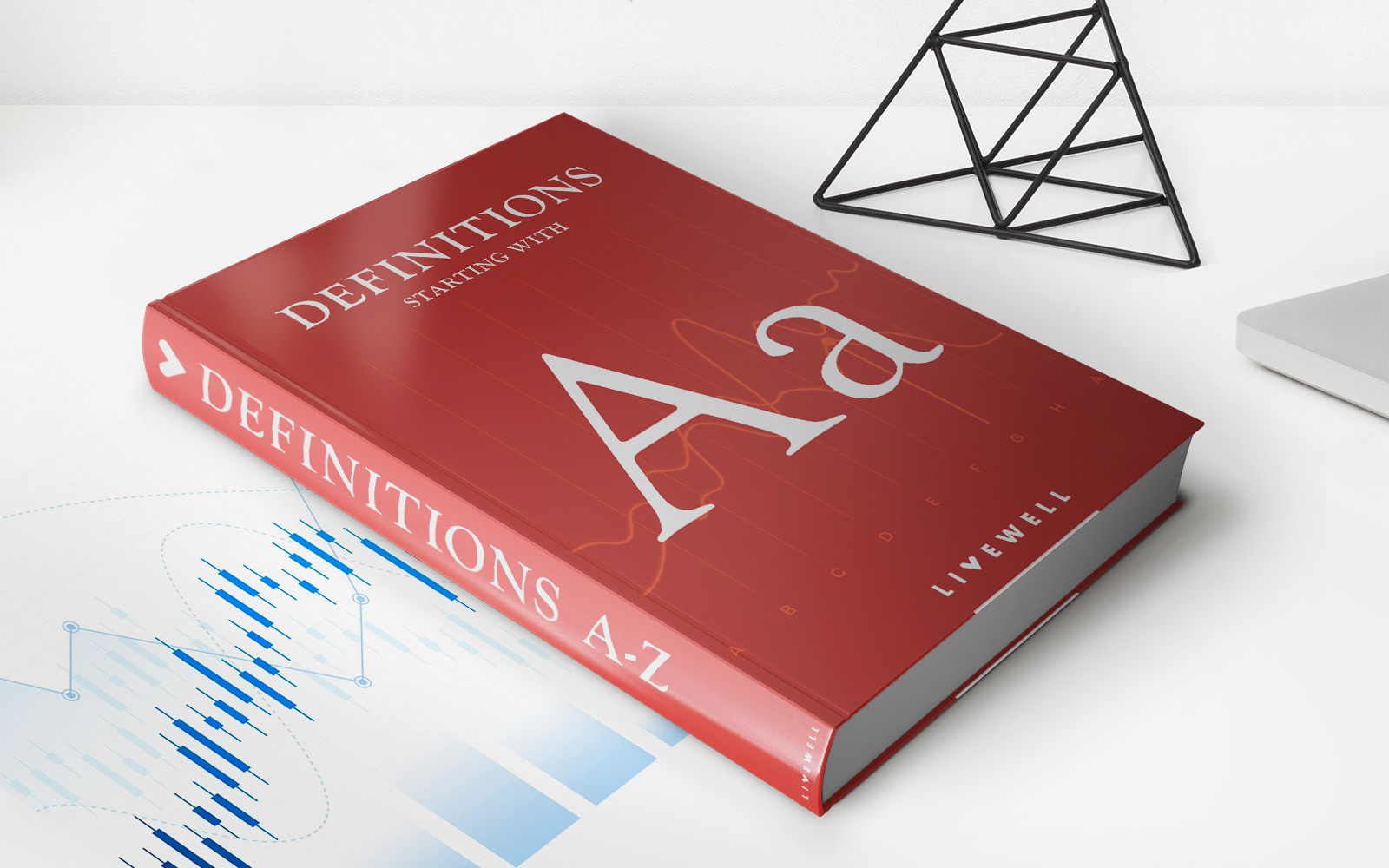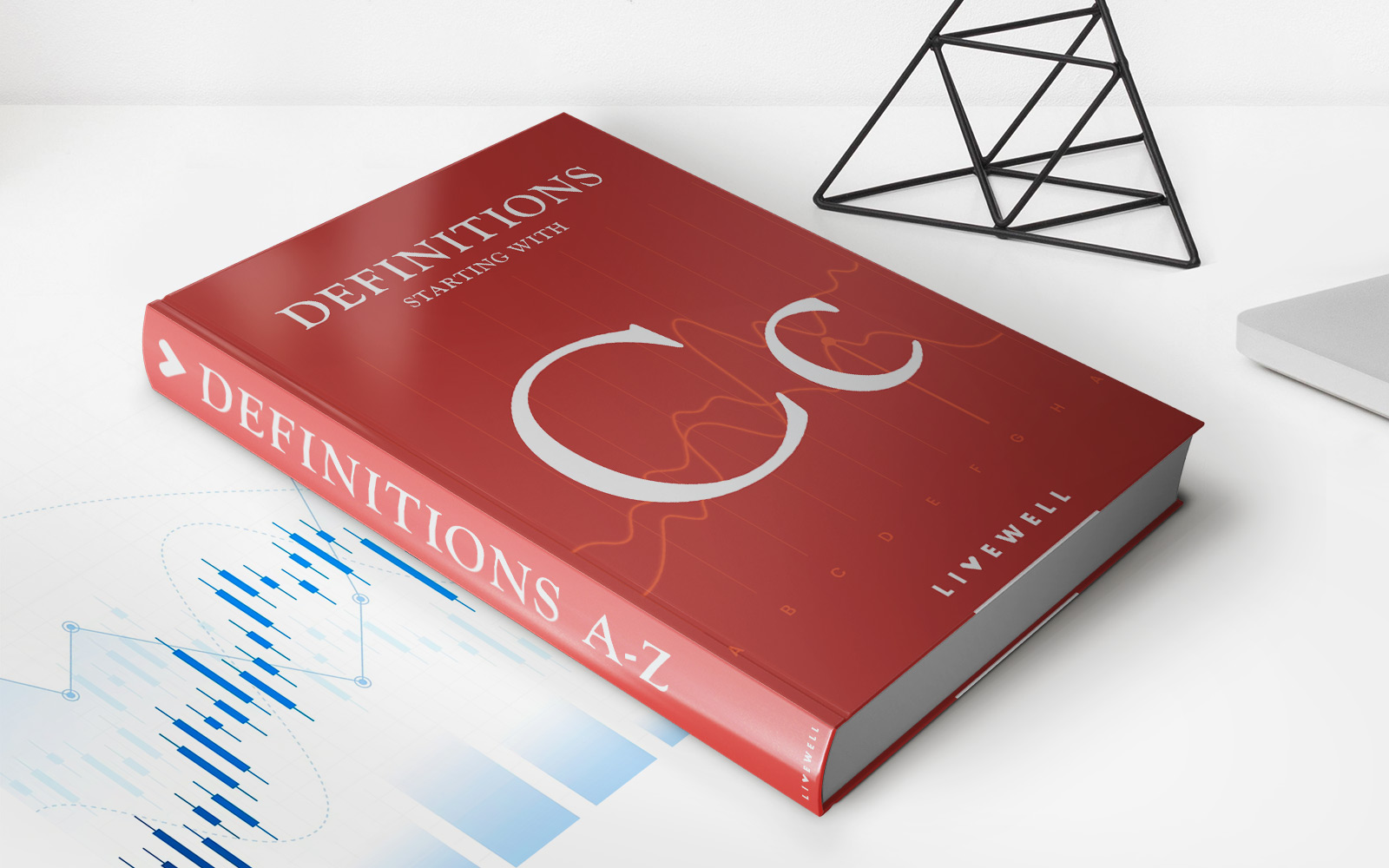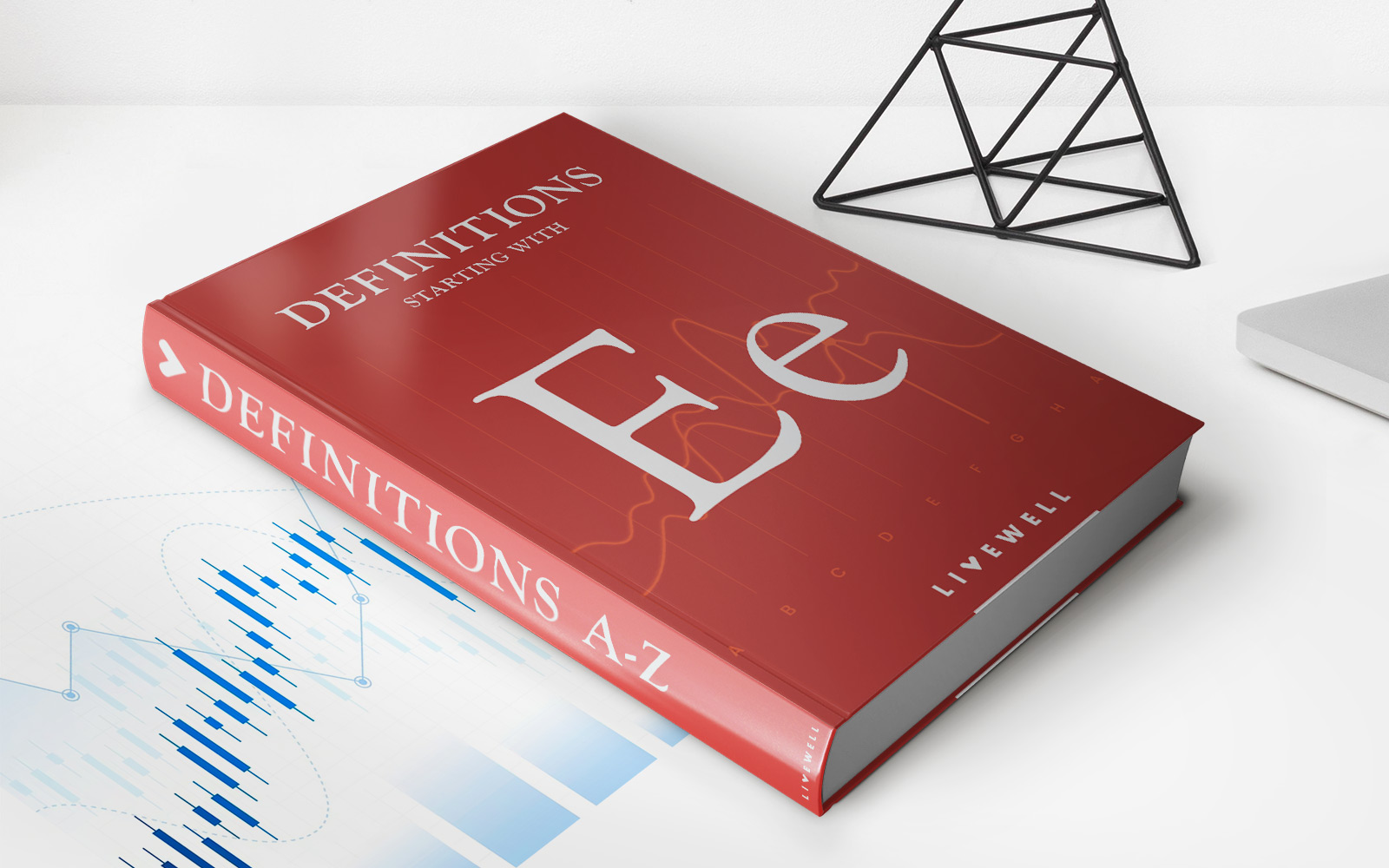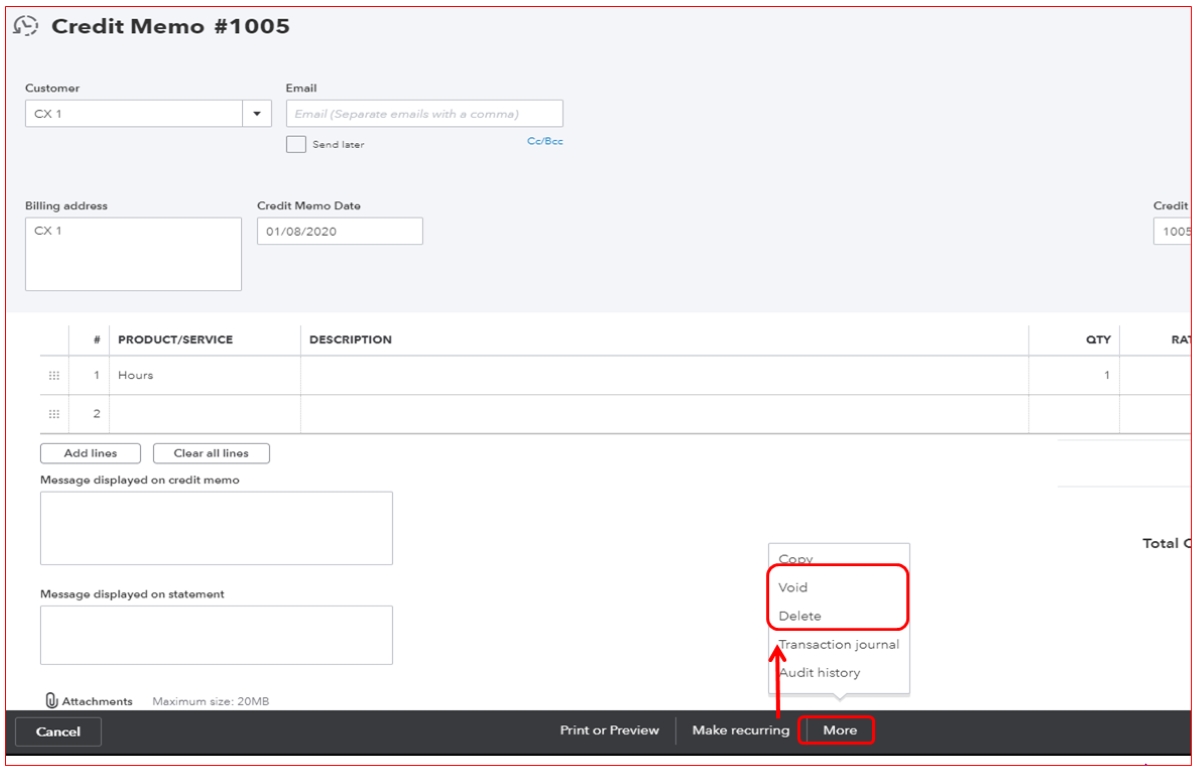Home>Finance>Dealer Market: Definition, Example, Vs. Broker Or Auction Market
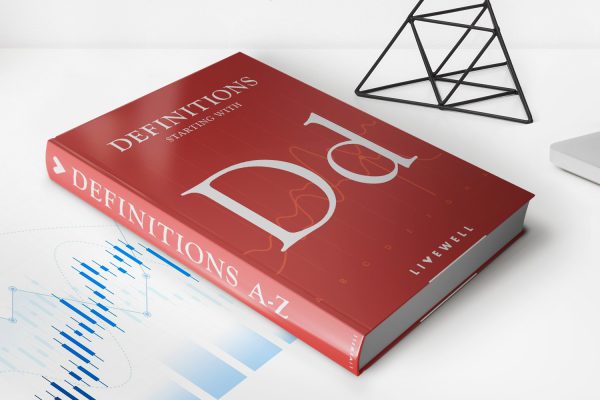
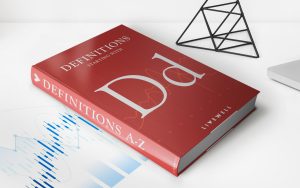
Finance
Dealer Market: Definition, Example, Vs. Broker Or Auction Market
Published: November 8, 2023
Explore the difference between a dealer market and a broker or auction market in finance. Learn the definition and find examples to enhance your understanding.
(Many of the links in this article redirect to a specific reviewed product. Your purchase of these products through affiliate links helps to generate commission for LiveWell, at no extra cost. Learn more)
Dealer Market: Definition, Example, Vs. Broker or Auction Market
Are you interested in understanding how the world of finance operates? Well, you’ve come to the right place! In this blog post, we will explore the concept of dealer markets and compare them to broker or auction markets. Whether you’re a newbie or a seasoned investor, gaining insights into different market types can help you make more informed financial decisions. So, let’s dive in!
Key Takeaways:
- Dealer markets are where financial securities, such as stocks, bonds, and derivatives, are traded directly between buyers and sellers, facilitated by market makers known as dealers.
- Broker and auction markets, on the other hand, rely on intermediaries like brokers or exchanges where multiple participants submit bids or offers to buy or sell securities.
What is a Dealer Market?
A dealer market is a financial market where trades occur directly between market participants, such as buyers and sellers of securities. In a dealer market, the buying and selling of financial instruments, such as stocks, bonds, or derivatives, take place through intermediaries called dealers. These dealers serve as market makers, quoting bid and ask prices for securities and providing liquidity by holding an inventory of securities to facilitate trades.
Let’s take an example to understand how a dealer market works. Imagine you want to buy shares of a particular company. In a dealer market, you would contact a dealer who specializes in trading those shares. The dealer would quote a price at which they are willing to sell the shares to you (ask price) and a price at which they are willing to buy the shares from you (bid price). You can then negotiate with the dealer until both parties agree on a price, and the transaction is completed.
Dealer Market vs. Broker Market vs. Auction Market
Now that we have a basic understanding of dealer markets, let’s compare them to broker markets and auction markets:
1. Dealer Market:
- Trades occur directly between buyers and sellers through market makers.
- Market makers, known as dealers, facilitate the buying and selling of securities.
- Dealers quote bid and ask prices to maintain liquidity and facilitate trades.
- Examples of dealer markets include over-the-counter (OTC) markets and some bond markets.
2. Broker Market:
- Trades occur through intermediaries known as brokers.
- Brokers help buyers and sellers find each other and facilitate trade execution.
- Brokers may charge a commission or fee for their services.
- Examples of broker markets include stock exchanges like the New York Stock Exchange (NYSE).
3. Auction Market:
- Trades occur through an organized market where participants submit bids or offers.
- The highest bid and lowest offer determine the prevailing market price.
- Examples of auction markets include commodity exchanges or certain platforms for trading collectibles.
Each market type has its own advantages and disadvantages. Dealer markets provide flexibility and can accommodate customized trades, whereas broker and auction markets offer more transparency and standardization. Understanding these distinctions can help you choose the most suitable market for your investment needs.
Conclusion
In summary, dealer markets play a vital role in the world of finance by facilitating direct trades between buyers and sellers of securities. They offer flexibility and customization in trading, making them attractive to investors. However, it is important to consider alternatives like broker and auction markets, as each market type has its own unique characteristics. By understanding these distinctions, you can make more informed investment decisions and navigate the financial landscape with confidence.
We hope this blog post has shed light on the concept of dealer markets and how they differ from broker and auction markets. Remember, knowledge is power, and the more you learn about various market types, the better equipped you are to make sound financial choices. Happy investing!

